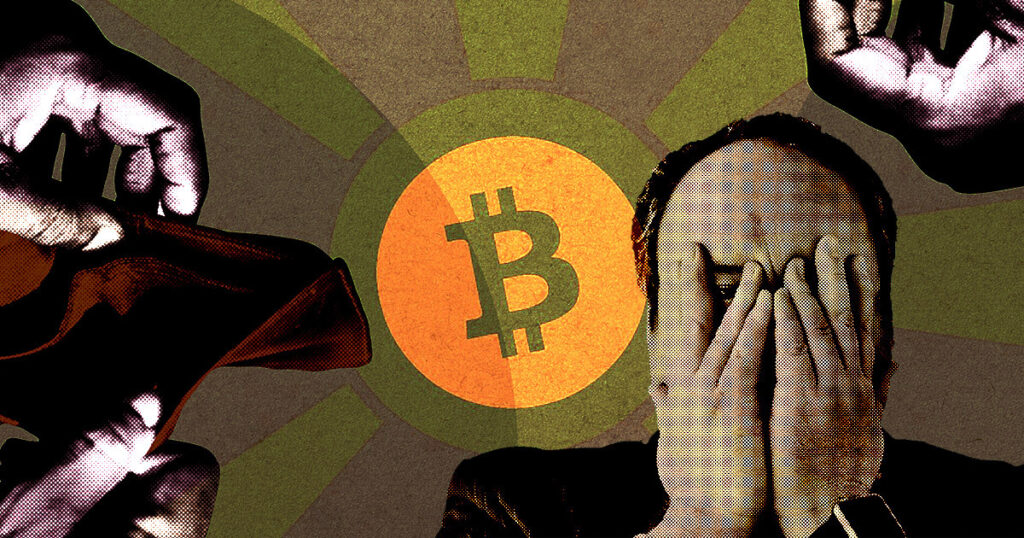The macroeconomic picture is deteriorating fast and could push the U.S. economy into recession as the Federal Reserve tightens its monetary policy to tame surging inflation, Bank of America strategists warned in a weekly research note, Reuters reports.
Bank of America chief investment strategist Michael Hartnett wrote, in a note to clients, that “Inflation shock” is worsening, “rates shock” is just beginning, and a “recession shock” is coming.”
The chief investment strategist also added that “in this context, cash, volatility, commodities and crypto currencies, such as bitcoin (BTC) and ether (ETH) could outperform bonds and stocks.”
Announced on Wednesday, April 6, the Federal Reserve said it will likely start plucking various assets off of its $9 trillion balance sheet. This process will begin with the Fed’s coming meeting in early May.
Quantitative tightening at double speed
Furthermore, unlike the Fed’s previous “quantitative tightening” exercises, this one will be executed at nearly twice the pace as the Fed engages in fighting inflation, running at rates not seen since the early 1980s.
According to Bank of America, many investors expect the central bank to hike its key interest rate by 50 basis points —twice as much as anticipated and signaled earlier.
In terms of notable weekly flows, Bank of America said emerging market equity funds enjoyed the most significant inflow in ten weeks at $5.3 billion during the week of April 4, while emerging market debt vehicles attracted $2.2 billion, their best week since September 2021.
Markets have also seen eight weeks of outflows from European equities totaling $1.6 billion, while U.S. stocks enjoyed their second week of inflows, adding $1.5 billion in the week of April 4.
As reported by CryptoSlate on April 7, Bank of America is not the only Wall Street lender warning of macroeconomic shocks on the horizon.
Goldman Sachs’ chief economist Bill Dudley, formerly president of the Federal Reserve Bank in New York, believes that “to be effective, [the Federal Reserve] will have to inflict more losses on stock and bond investors than it has so far.”
The Fed wants stock prices to go down
According to Dudley, short-term interest rate hikes do little to affect most people in modern society since many mortgages are tied to fixed rates over a long period, especially in the U.S.
Dudley believes market sentiment is focused on the fact that the Fed will need to drop interest rates in the next few years. Essentially, the markets are not going down as much as the Fed would like because investors predict a future bull run once inflation is under control.
According to Dudley:
“[The Federal Reserve] will have to shock markets to achieve the desired response. This would mean hiking the federal funds rate considerably higher than currently anticipated. One way or another, to get inflation under control, the Fed will need to push bond yields higher and stock prices lower.”

